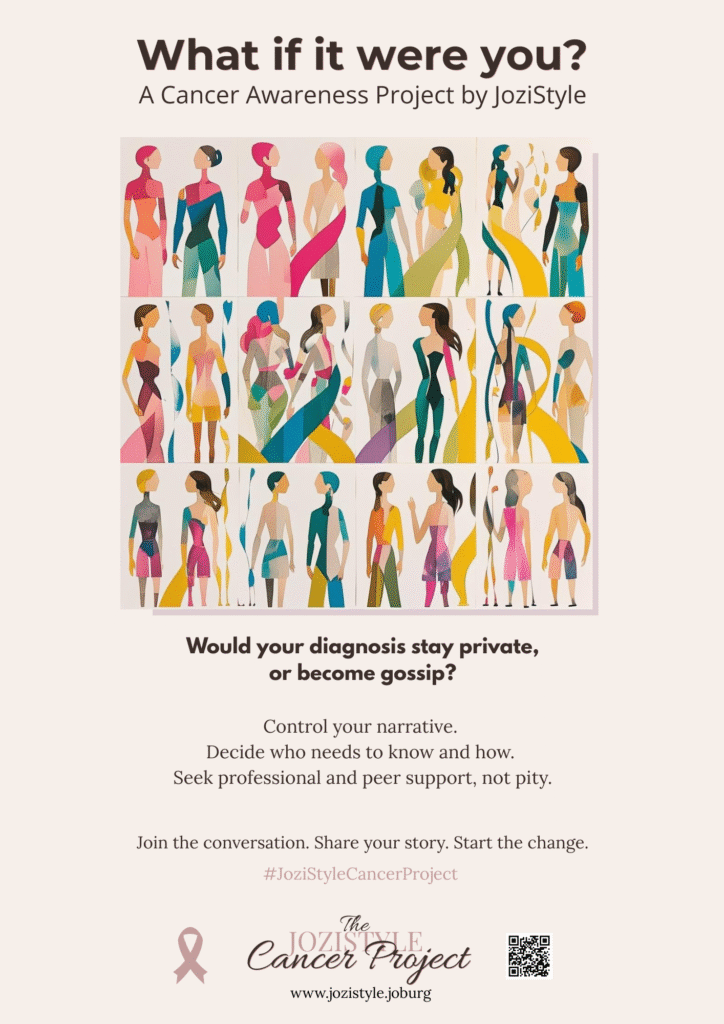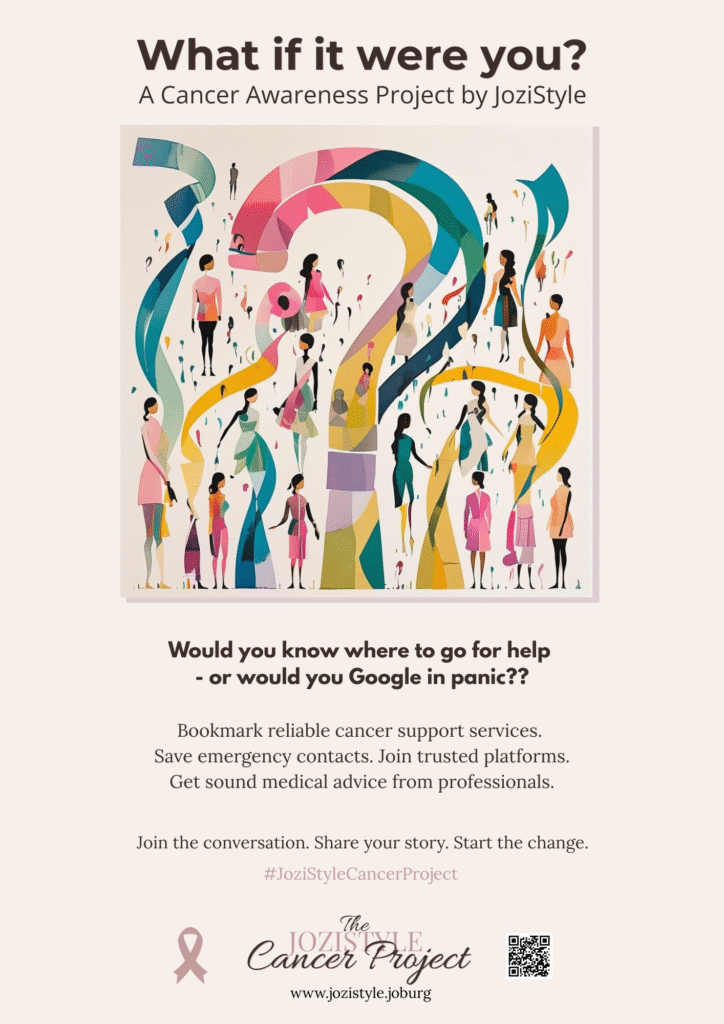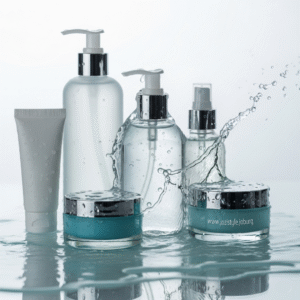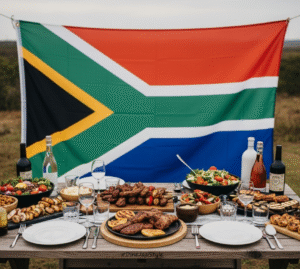What If It Were You? Ask About Cancer in Your Workplace

The Conversation Your Workplace Isn’t Having About Cancer
We don’t talk about cancer until it’s too late.
We assume it won’t happen to us — not today, not in this job, not in this lifetime.
But every day, people are diagnosed. Colleagues, friends, family members, and sometimes, it’s you.
That’s why I ask “What if it were you?”
#WhatIfItWereYou is a bold, visual campaign challenging the silence around cancer in the workplace.
Each post asks one uncomfortable, necessary question:
- What if your salary stopped tomorrow?
- What if your boss didn’t know how to support you?
- What if your child had to watch you suffer?
And each one offers a small, clear action because we don’t just need awareness, we need answers.
This campaign is personal.
It’s based on my lived experience.
It’s a mirror held up to the systems we rely on, the policies we haven’t created, and the support we wrongly assume will be there when we need it most.
Why This Matters
Because your job is more than a paycheck: it’s your healthcare, your stability, your dignity.
And if your workplace isn’t ready to support someone with cancer, it’s not ready to support you either.
The truth?
You don’t need to be diagnosed to be affected.
You just need to ask the right question.
Start With This:
Ask your HR department:
“What would happen to my job if I was diagnosed with cancer?”
Check your medical aid.
Start a conversation with your boss, your team, your family.
Because it’s not just a campaign.
It’s a warning.
It’s a wake-up call.
It’s a chance to prepare – before it’s personal.
💬 Ask Yourself
What would happen to your salary if you were diagnosed with cancer tomorrow?
What You Can Do: Start a conversation with your HR department. Ask about sick leave, disability cover, and salary protection. Consider income protection insurance before you need it.
Would your medical aid cover the treatment you need?
What You Can Do: Check your plan’s oncology benefits. Ask your provider what’s covered from cancer to cure. Upgrade if needed before a diagnosis.
Do you know what cancer symptoms to look out for?
What You Can Do: Early detection saves lives. Know the signs. Book annual checkups. Get to know your body so you can spot when something isn’t right.
Could you afford six months without work emotionally or financially?
What You Can Do: Create a crisis plan. Build an emergency fund. Talk to a financial planner. And don’t forget: mental health support is just as vital.
Would your friends or family know how to support you or would they disappear?
What You Can Do: Educate your circle. Share resources. Normalize tough conversations. Create a support network before you need one.
Would your employer support you or sideline you?
What You Can Do: Know your rights. South African labour law protects employees with medical conditions. Advocate for flexible work, medical leave, and dignity.
Would your children or partner cope without you at full capacity?
What You Can Do: Discuss contingency plans. Talk openly with your family. Arrange support systems from school lifts to meals. Empower them with knowledge.
Would your diagnosis stay private, or become gossip?
What You Can Do: Control your narrative. Decide who needs to know and how. Seek professional and peer support, not pity.
What kind of legacy would you leave behind – emotionally, financially, socially?
What You Can Do: Think beyond life insurance. Share your stories. Write letters. Be present. Plan your impact before it’s too late.
Would you know where to go for help – or would you Google in panic?
What You Can Do: Bookmark reliable cancer support services. Save emergency contacts. Join trusted platforms and follow verified health campaigns.
💬 Join the Conversation
Explore the full campaign on Facebook and LinkedIn.
Share the image that speaks to you.
Tag your HR.
Ask the question.
What if it were you?
Join the conversation. Share your story. Start the change.














